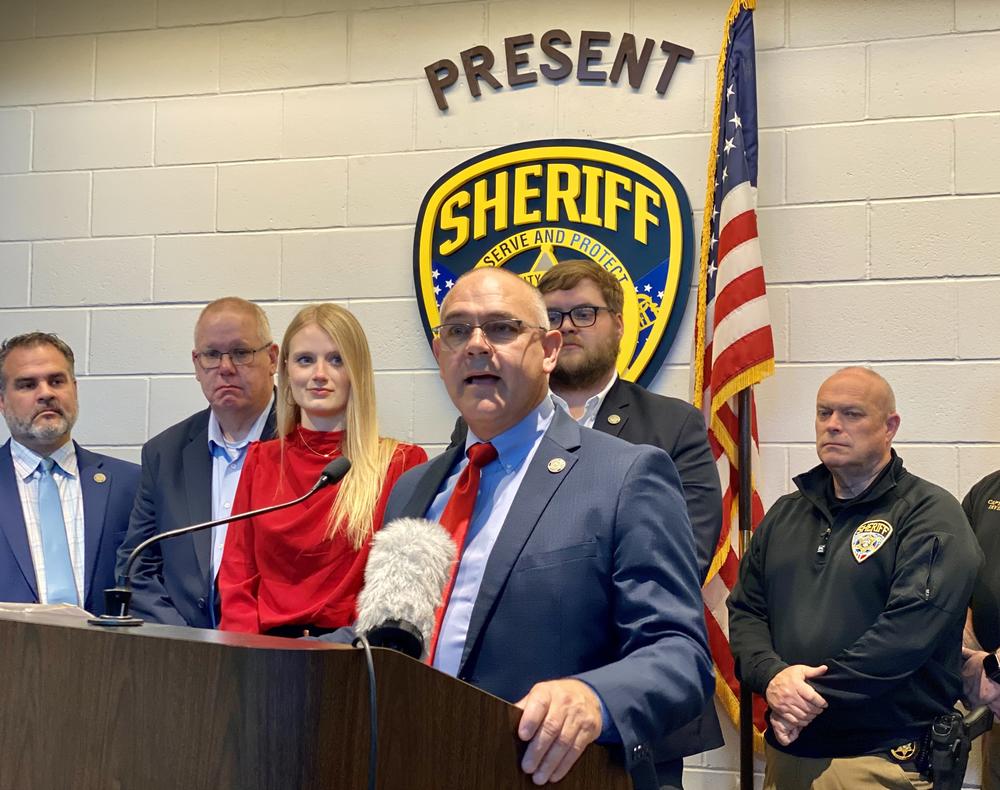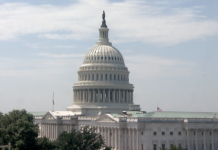
(GA Recorder) — About 700 Afghan refugees have resettled in Georgia in the last several months and work continues to speed up the process of finding permanent homes for many more of them in the nation’s largest resettlement effort in four decades.
The U.S. Department of State temporarily halted resettlement efforts from other parts of the world through January 11 in order to focus on relocating Afghans following their emergency evacuations as the U.S. military withdrew from the country the Taliban overran in August.
In response to the new policy, federal officials say refugees with special visas, urgent cases, family reunifications, and refugees who already have travel arrangements will move to the front of the line for government clearance and connection with refugee relocation agencies.
As of early November, Atlanta-based New American Pathways had helped more than 84 Afghans find a place to stay within metro Atlanta, a number expected to more than double in the coming months.
“New American Pathways is prepared to serve both refugees and Afghan humanitarian parolees this year,” Chief Executive Officer Paedia Mixon said in response to the state department policy change. “As a local resettlement agency, we know firsthand the capacity constraints that resettlement agencies face, but we are hopeful the State Department will resume the refugee resettlement program as quickly as possible.”
A federal program is also being developed that will allow people to directly help Afghans relocate, another measure designed to provide support as Georgia’s resettlement agencies and others across the country try to meet the high demand and deal with the struggles to find affordable housing.
The majority of Afghans admitted under “Operation Allies Welcome” were granted humanitarian parole.
“This temporary prioritization of new bookings will allow resettlement agencies and community partners to provide necessary services to the Afghans that will be leaving U.S. safe havens in the coming weeks and months as well as to receive refugees already booked for travel in November and December,” a U.S. State Department spokesperson said.
The federal government is preparing to work with the nearly established Community Sponsorship Hub to launch a program that allows sponsors to directly help Afghans to relocate.
The organization will manage the application process, vet, train, certify, and match sponsors with Afghans who are willing to participate in the program.
New American Pathways is relying on more than $200,000 in private donations to sustain its relocation efforts while waiting for federal funds to come in.
It’s one of many organizations that provide refugee services still rebuilding capacity that dramatically decreased after President Donald Trump’s administration severely restricted access to the United States in 2017 from many Muslim-dominated nations across the Middle East and Africa.
Even during the federal fiscal year that ended in September, the Biden administration fell way short of its goal for the U.S. to accept more than 60,000 refugees, with numbers similar to the 12,000 that arrived in Trump’s final year in office.
Two months before the U.S. military’s chaotic withdrawal, tens of thousands of Afghans who were directly employed by the U.S. government had begun leaving the country. Thanks to their special visa status, many of those refugees have a leg up on clearing the security hurdles refugees face.
During the Taliban’s takeover of Kabul in mid-August, more Afghans fled, creating a humanitarian crisis and a frantic effort to keep the civilians safe and resettle them in another country.
This fall, the U.S. government ramped up its unprecedented effort to find housing for the 55,000 refugees temporarily living on military bases.
The committee brought in 250 Afghan humanitarian parolees over a four-week period through late October, including pregnant women, babies, and children.
The committee and New American Pathways are asking for the public’s help in finding a temporary shelter for many refugees, more financial donations, household wish lists and other ways to support their missions.
With adequate notice, resettlement groups have become accustomed to handling special visas over the past decade. As a result, they have gained valuable experience processing people from Iraq and Afghanistan, many of whom have a green card, Mixon said.
Many refugees will still seek asylum through other channels, which is going to take a long time, she said.
“Most of our families have arrived with very little notice,” Mixon said. “With refugees, we generally are able to secure an apartment before they came, but these folks have been in AirBnB or other types of temporary housing while waiting for apartments.”
In addition to the Afghan sponsor program, the federal government plans to launch a separate pilot sponsorship program in 2022 for refugees of any nationality coming through the Refugee Admissions Program.
During the first six months of resettlement, New American Pathways and other agencies help not only secure housing but also provide for a variety of needs settling in their new country, including rental assistance, help enrolling children in schools, teaching adults in English language classes and taking people to doctors’ appointments.
And support from New American Pathways continues from arrival through hoped-for U.S. citizenship.
Similarly, Catholic Charities Atlanta’s program helps refugees adapt to their new environment through their first six months. For refugees who have lived in the U.S. for at least five years, the organization also assists with finding jobs, financial literacy, providing health care and other services.
It can be a harrowing experience for refugees to move to an unfamiliar country. That’s why it’s important, like many refugees with the special visas, to have family members who already live here, Mixon said.
“We all saw the images of people scrambling to get out of the country and we know that their relatives were worried sick,” Mixon said. “With the trauma they’ve been through, you can imagine how important it would be to reconnect with your loved ones.”







